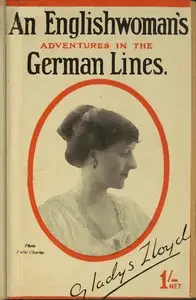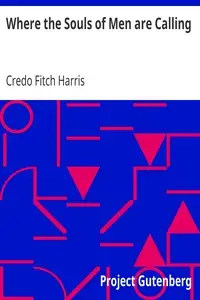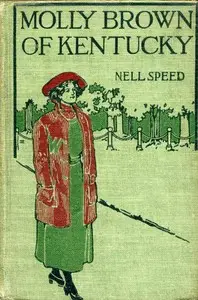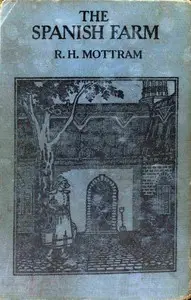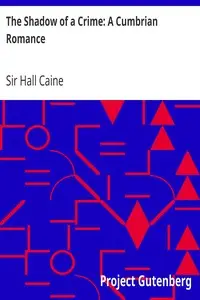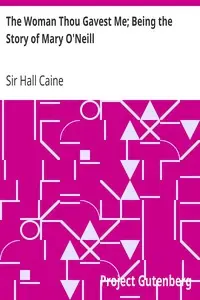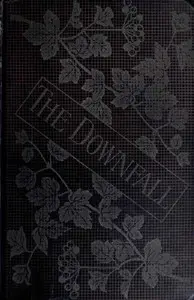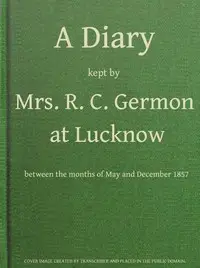"The Woman of Knockaloe: A Parable" by Hall Caine is a touching story happening during World War I, digging into ideas of war, peace, and what it means to be human. It focuses on Mona, who lives on a farm in Isle of Man called Knockaloe with her dad and brother, Robbie. As Robbie goes off to fight, Mona is first excited about the war but unsure how she feels about the Germans. When a camp for German prisoners is built on their farm, Mona's strong feelings and beliefs are tested, and she starts to struggle with what she thinks and what society expects from her as the world around her falls victim to the ravages of war.
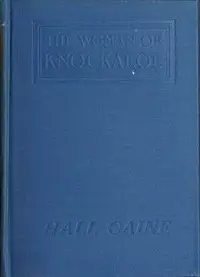
The Woman of Knockaloe: A Parable
By Hall Caine
Amidst the chaos of war, a woman's heart is torn between hatred and an unexpected connection with the enemy.
Summary
About the Author Sir Thomas Henry Hall Caine, usually known as Hall Caine, was a British novelist, dramatist, short
story writer, poet and critic of the late 19th and early 20th century. Caine's popularity during his lifetime was unprecedented. He wrote 15 novels on subjects of adultery, divorce, domestic violence, illegitimacy, infanticide, religious bigotry and women's rights, became an international literary celebrity, and sold a total of ten million books. Caine was the most highly paid novelist of his day. The Eternal City is the first novel to have sold over a million copies worldwide. In addition to his books, Caine is the author of more than a dozen plays and was one of the most commercially successful dramatists of his time; many were West End and Broadway productions. Caine adapted seven of his novels for the stage. He collaborated with leading actors and managers, including Wilson Barrett, Viola Allen, Herbert Beerbohm Tree, Louis Napoleon Parker, Mrs Patrick Campbell, George Alexander, and Arthur Collins. Most of Caine's novels were adapted into silent black and white films. A. E. Coleby's 1923 18,454 feet, nineteen-reel film The Prodigal Son became the longest commercially made British film. Alfred Hitchcock's 1929 film The Manxman, is Hitchcock's last silent film.
Sir Thomas Henry Hall Caine, usually known as Hall Caine, was a British novelist, dramatist, short story writer, poet and critic of the late 19th and early 20th century. Caine's popularity during his lifetime was unprecedented. He wrote 15 novels on subjects of adultery, divorce, domestic violence, illegitimacy, infanticide, religious bigotry and women's rights, became an international literary celebrity, and sold a total of ten million books. Caine was the most highly paid novelist of his day. The Eternal City is the first novel to have sold over a million copies worldwide. In addition to his books, Caine is the author of more than a dozen plays and was one of the most commercially successful dramatists of his time; many were West End and Broadway productions. Caine adapted seven of his novels for the stage. He collaborated with leading actors and managers, including Wilson Barrett, Viola Allen, Herbert Beerbohm Tree, Louis Napoleon Parker, Mrs Patrick Campbell, George Alexander, and Arthur Collins. Most of Caine's novels were adapted into silent black and white films. A. E. Coleby's 1923 18,454 feet, nineteen-reel film The Prodigal Son became the longest commercially made British film. Alfred Hitchcock's 1929 film The Manxman, is Hitchcock's last silent film.

